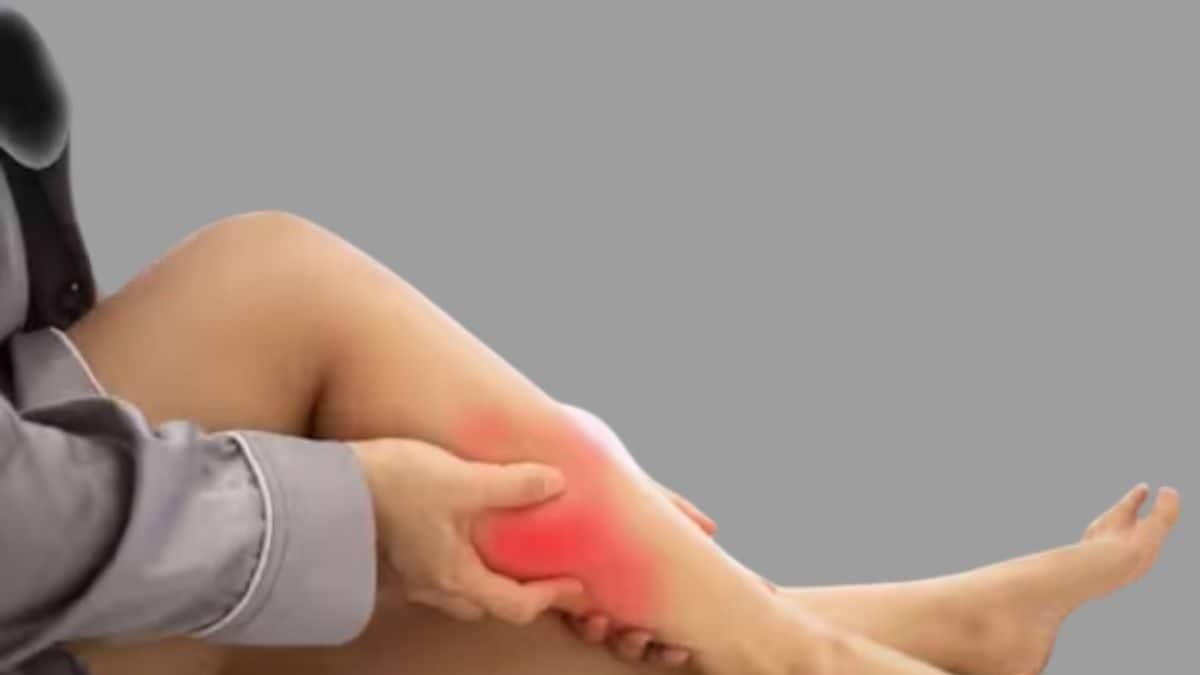Potassium deficiency is called hypokalemia.
According to Harvard Medical School, potassium allows nerves to send signals or messages from the brain to other organs.
Most of the potassium in our body is present in the cellular space of skeletal muscles. It is an essential mineral that helps maintain normal fluid levels within our cells, in addition to muscle contraction and maintaining normal blood pressure. With the help of potassium, nerve impulses are conducted throughout the body. It is also known as sodium-potassium exchange due to the presence of electrical potential with the help of potassium and sodium ions.
According to Harvard Medical School, potassium allows nerves to send signals or messages from the brain to other organs. Potassium deficiency is called hypokalemia. As a result, the veins begin to swell and a lack of strength can be felt in the body.
Causes
According to Cleaveland Clinic, potassium deficiency can occur in many situations. Some of the causes of potassium deficiency include the lower constitution of this mineral in the daily diet and secondly the lack of potassium absorption enzymes in the body. Generally, the main causes of potassium deficiency can be due to vomiting or diarrhea due to an upset stomach or if a large amount of laxatives are consumed.
Symptoms
Symptoms of potassium deficiency are excessive body weakness, fatigue, numbness of hands and feet, and muscle weakness. When there is a severe potassium deficiency, the muscles begin to cramp, blood pressure drops, followed by excessive thirst and urination. Irregular heartbeat and fainting are other main symptoms of potassium deficiency.
Potassium relaxes blood vessels, which keeps blood pressure under control. Therefore, due to its deficiency, the problem of blood pressure can also be diagnosed in our body. This also increases the risk of heart disease. Potassium deficiency can also weaken the digestive system.
Foods to stop potassium deficiency
Generally, many types of foods contain small amounts of potassium. However, if you have these symptoms, you will need to add some leafy greens and citrus fruits to your diet.
The consumption of pumpkin, spinach, kale, etc. It is considered beneficial to stop potassium deficiency in our body. Apart from this, you can also increase the intake of raisins, apricots, beans, legumes, broccoli, avocado, tomato, dairy, buttermilk, etc. in your diet for a few days to regulate the amount of potassium in your body.












